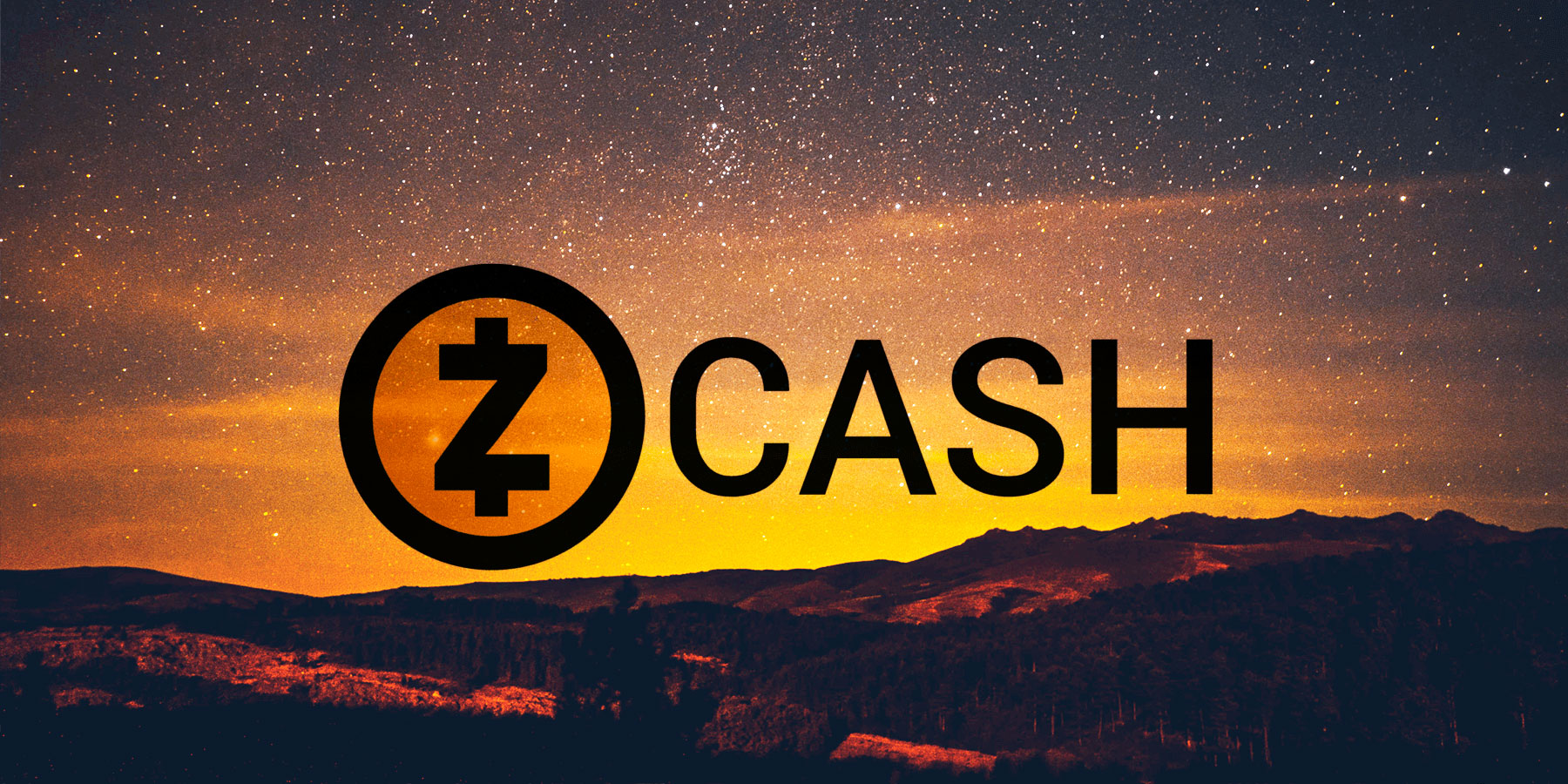2020-6-16 15:33 |
Coinspeaker
Ethereum 2.0: What Faith Will Ethereum Miners Have?
Are some folks about to be out of business? There is so much anticipation surrounding the ETH community with respect to the release of Ethereum 2.0. This anticipation is spiking uncertainty in the relevance of Ethereum miners and what their role in the community will be post Ethereum 2.0 release.
A peek at the concept with which the new version of Ethereum is built on will help resolve this in part. A question of ethics however lies in the utilitarian foundation upon which the supposedly better version of ETH is built on – taking business away from miners?
Comparing Ethereum 1.0 and Ethereum 2.0The current version of Ethereum also known as Ethereum 1.0 runs on a Proof of Work (PoW) model. Under this system, physical computing power and electricity is required to generate blocks on the Ethereum blockchain. The computer power is achievable with the help of miners, combined with the electrical power needed, the PoW model is complicated and expensive, reducing the efficiency of the network in general.
Ethereum 2.0 is designed to work under the Proof of Stake (PoS) model, a decentralized system that guarantees improved security, energy efficiency and scalability. Generally preferred as a positive upgrade to the PoW version of Ethereum 1.0, the PoS Ethereum 2.0 will rely on validators (decentralized miners) and deposits of Ether as a potential reward.
Another notable upgrade to the Ethereum network is the introduction of Shard Chains which are billed to foster faster transaction throughput and efficiency.
Implications for MinersFrom the foregoing, the relevance of miners to the new version when it is launched will be at a very low ebb. A more vital question is what the overall relevance of miners will be afterward.
The emergence of Ethereum 2.0 will not completely render the old version useless from the very beginning. Ethereum 1.0 will continue to function normally but this would not undermine the laid down plans. The intention for Ethereum 1.0 is to effectively become the first shard on Ethereum 2.0 when Phase 1 launches. Until then, the Ethereum 1.0 chain will continue as it is now and will undergo improvements to enable it to eventually be an Ethereum 2.0 shard. In the meantime, ETH miners will remain relevant but what is the essence of a venture with an expiry date?
Want to find out more blockchain news? Follow this link.
Ethereum 2.0: What Faith Will Ethereum Miners Have?
origin »Bitcoin price in Telegram @btc_price_every_hour
Ethereum (ETH) на Currencies.ru
|
|







